Over $80million invoiced through iinsight per month
Powering NDIS Providers for Happy NDIS Clients
iinsight has everything you need so you’re supported to keep those clients smiling. Get Australia’s reliable NDIS software today.




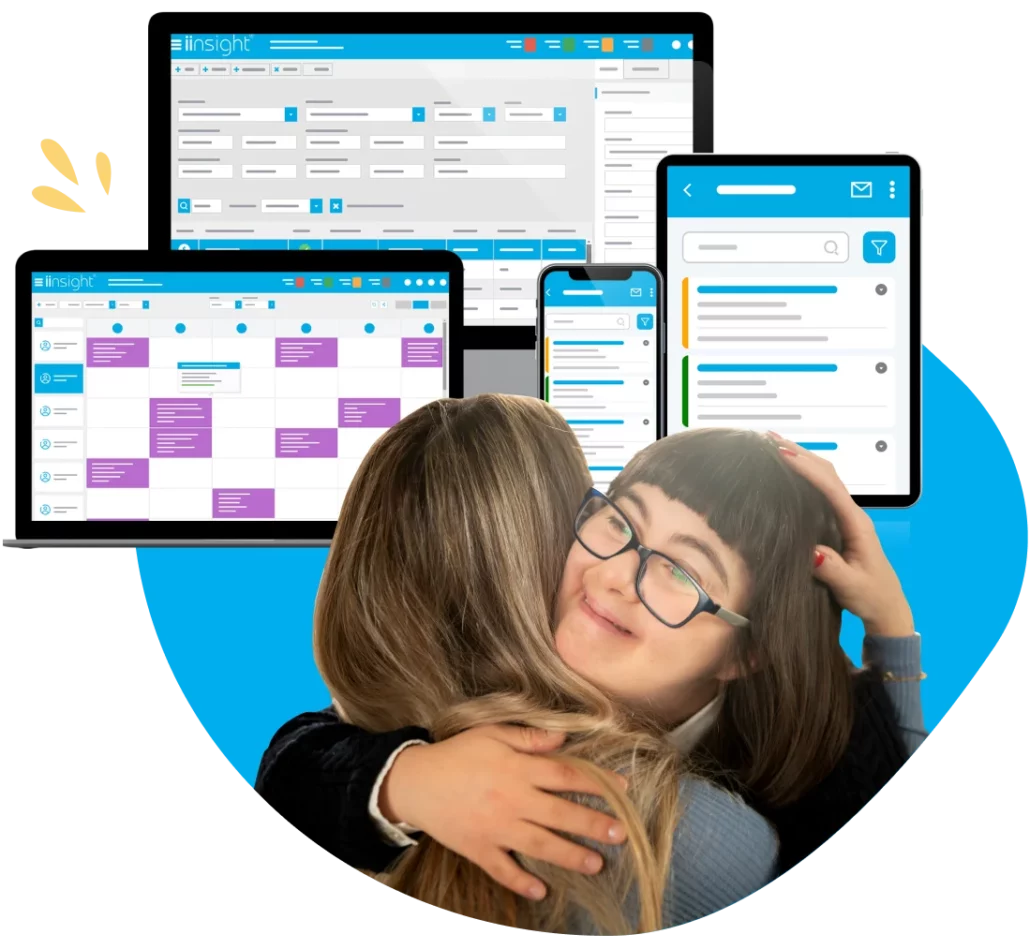






Bill to NDIA, NDIS plan or self managers
Bill to any NDIS related funder, send invoices from iinsight®
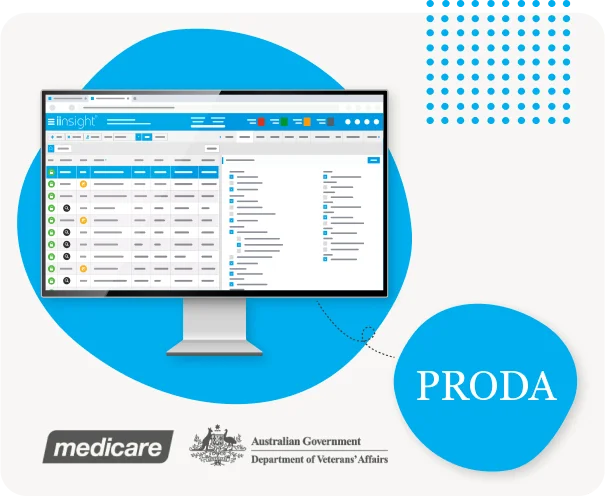
Claims automatically sent to PRODA from iinsight®
Enhance and simplify your NDIS case management with automatic claims to PRODA from iinsight®
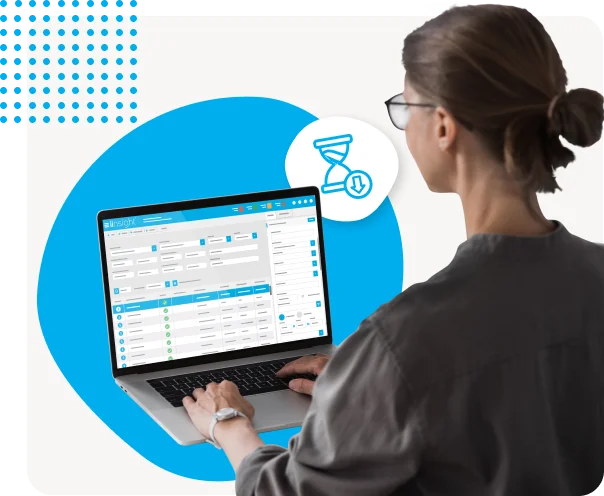
Reduce time spent on tasks
Reduce time spent on admin tasks dramatically
NDIS software features

Easy Telehealth
Zoom and Teams integrations
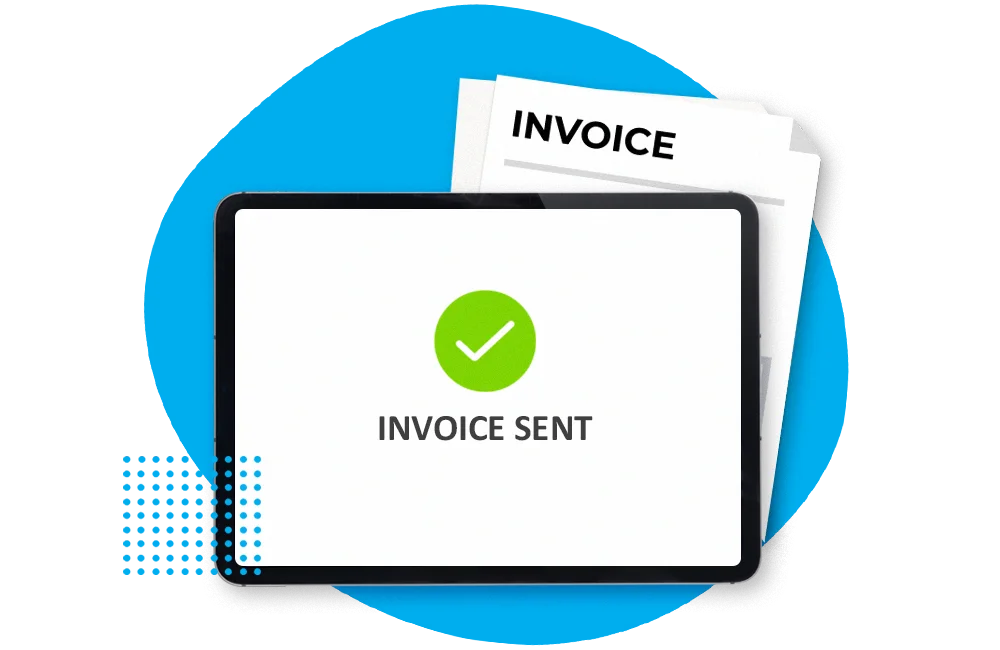
Bulk Invoicing
Auto-populate, bulk create, bulk send.
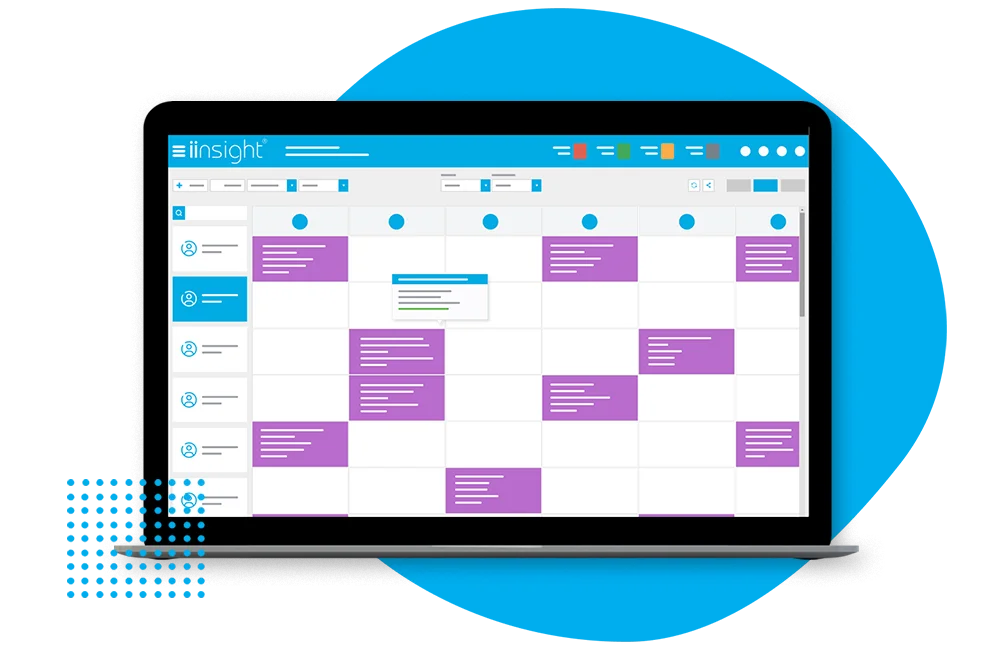
Appointment Scheduling
Create, schedule, calendar view.
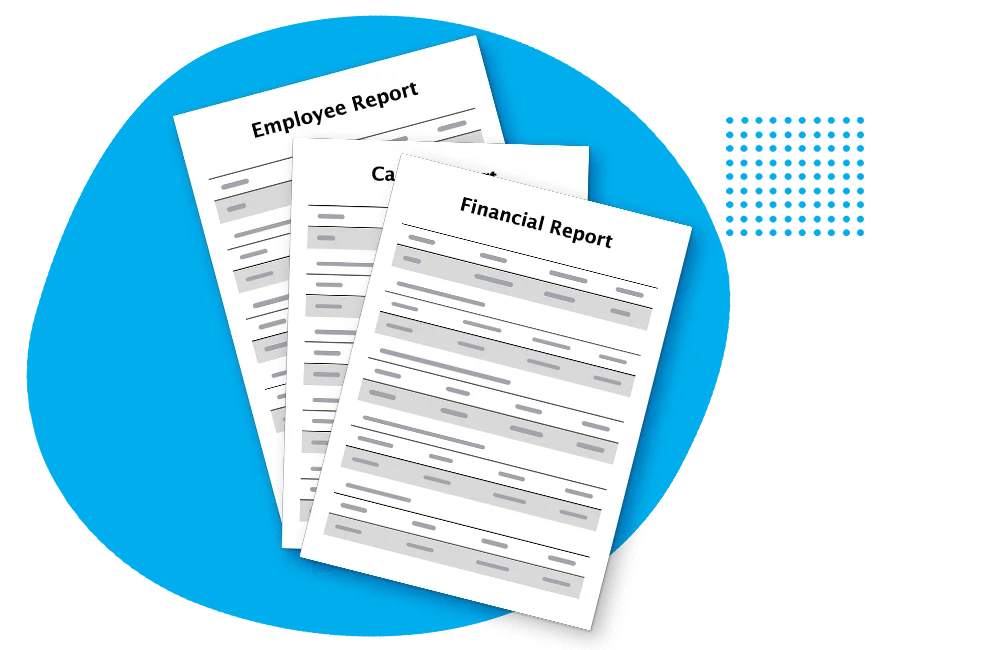
Reporting
Case, Financial and Employee/KPI reports.
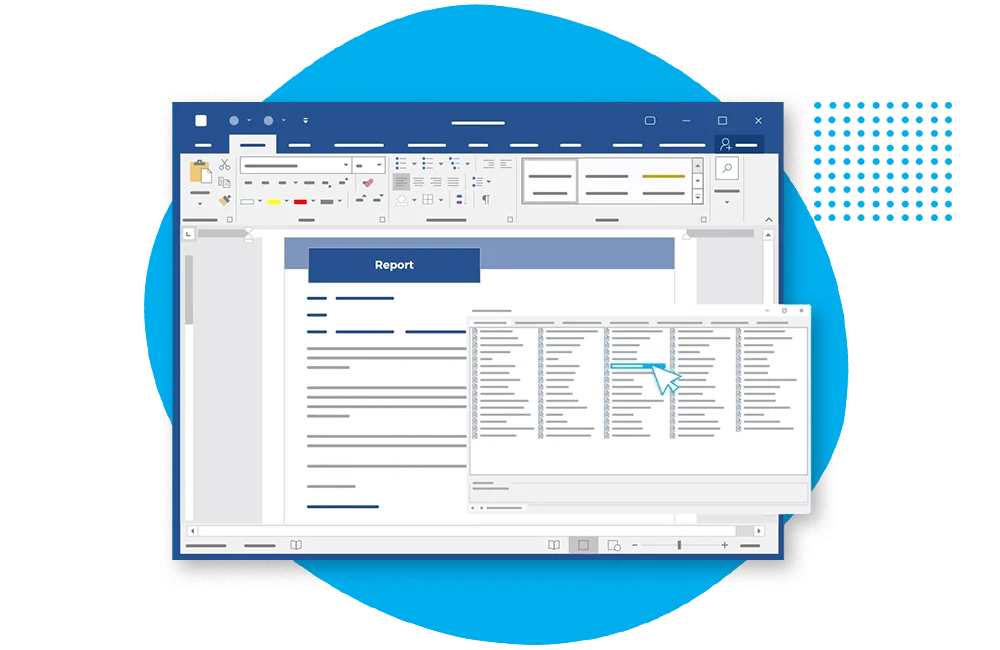
Microsoft Office Exports
Export reports to office programs like word & excel.
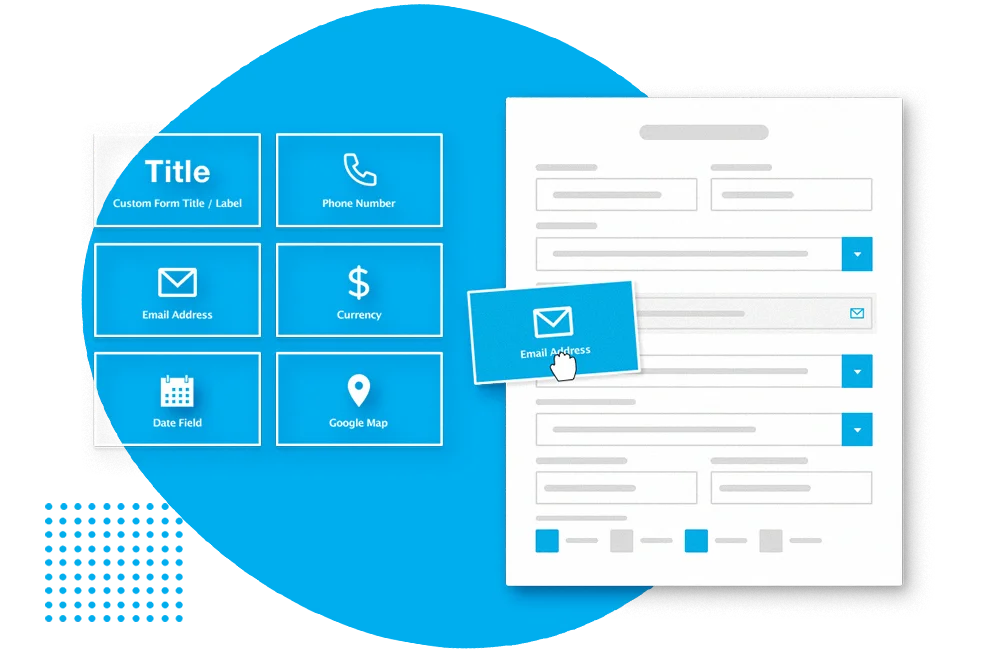
Create Forms
Create onboarding and referral forms. Use on your website.

Case & Admin Notes
Create case & admin notes.

Billing
Easy billing. Bill clients with iinsight.

Timesheets
Track employee working hours.
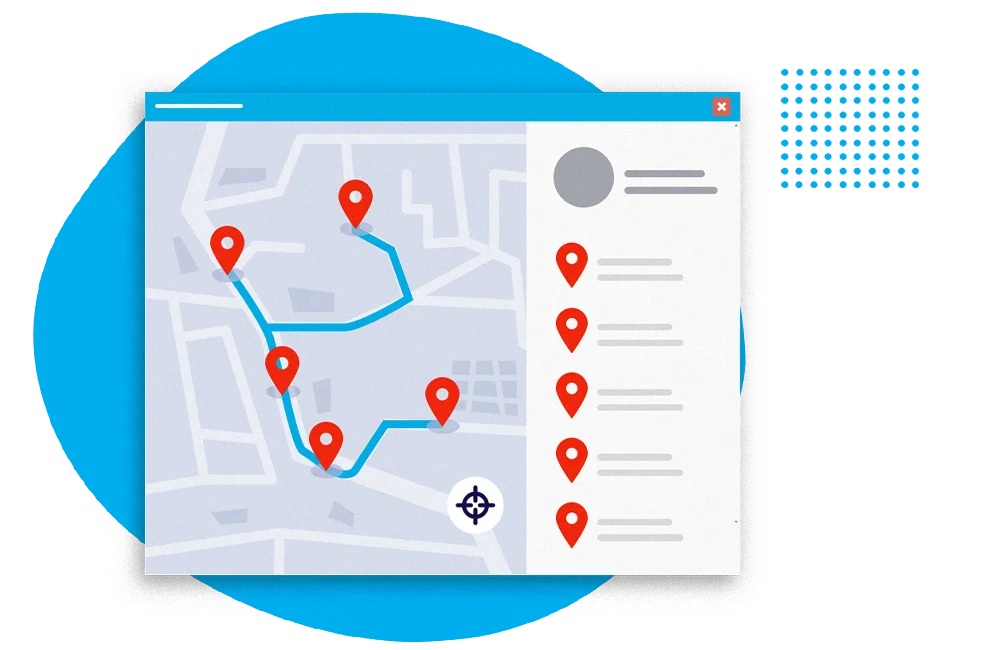
On-Location and Travel
Record & bill in-home consults and travel.
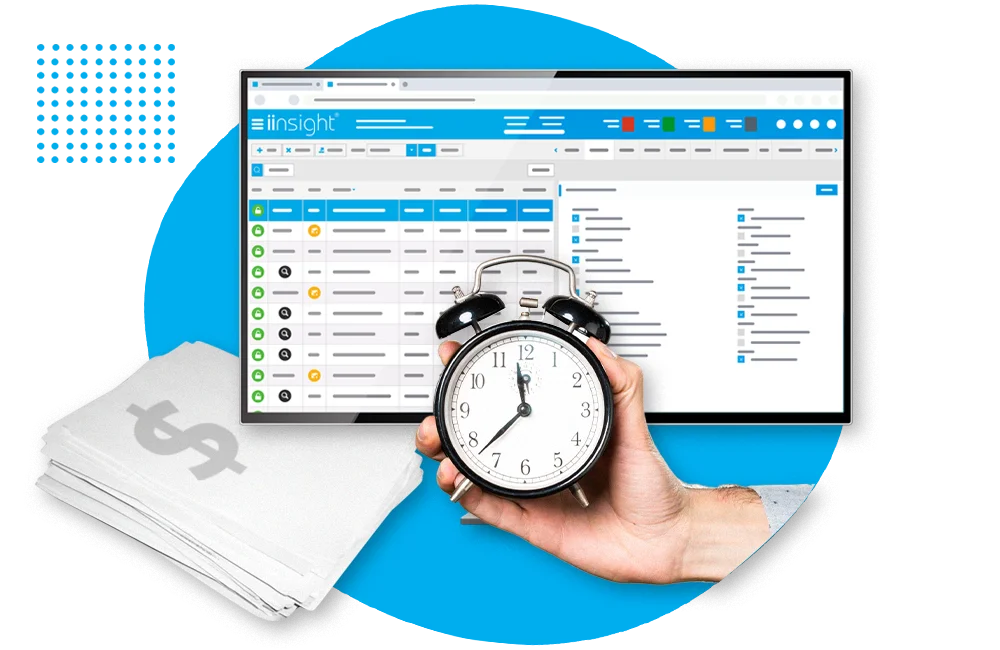
Live Timer
Live Timer recording and billing.
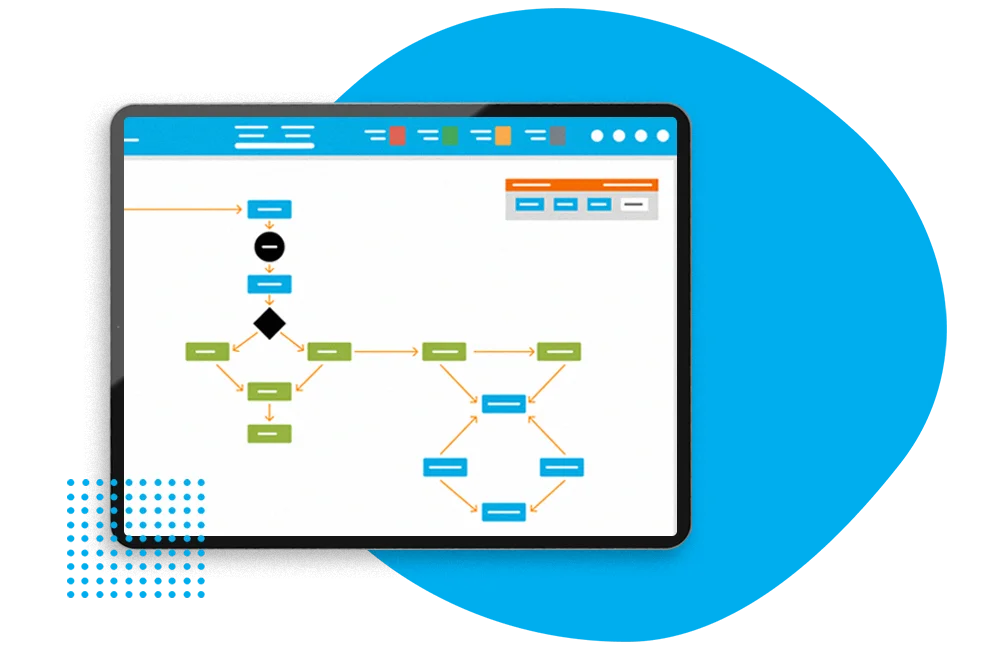
Task Workflows
Map out tasks in workflows to achieve goals.
Access iinsight via any device. Cloud NDIS Software for Proud NDIS Providers

Mobile App
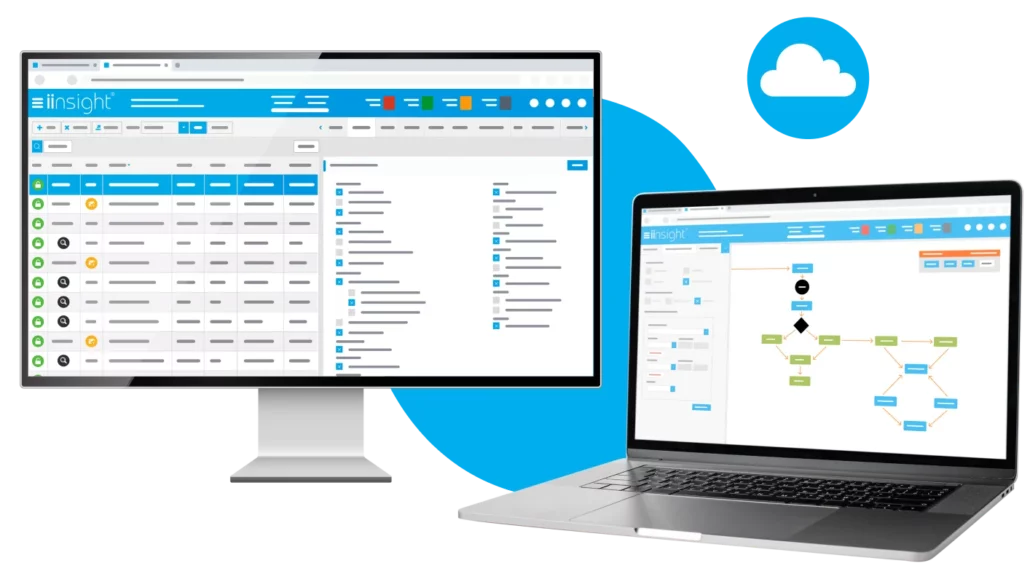
Web App
Log in wherever, whenever.
Supporting NDIS Consultants with Travel & Locational Based Tracking & Billing
iinsight is available on the app store, playstore, any smartphone or tablet. Check in and check out of appointments anywhere. Track consultants movements throughout the day. With Location tracking history capability, your NDIS practice is sure to be compliant.

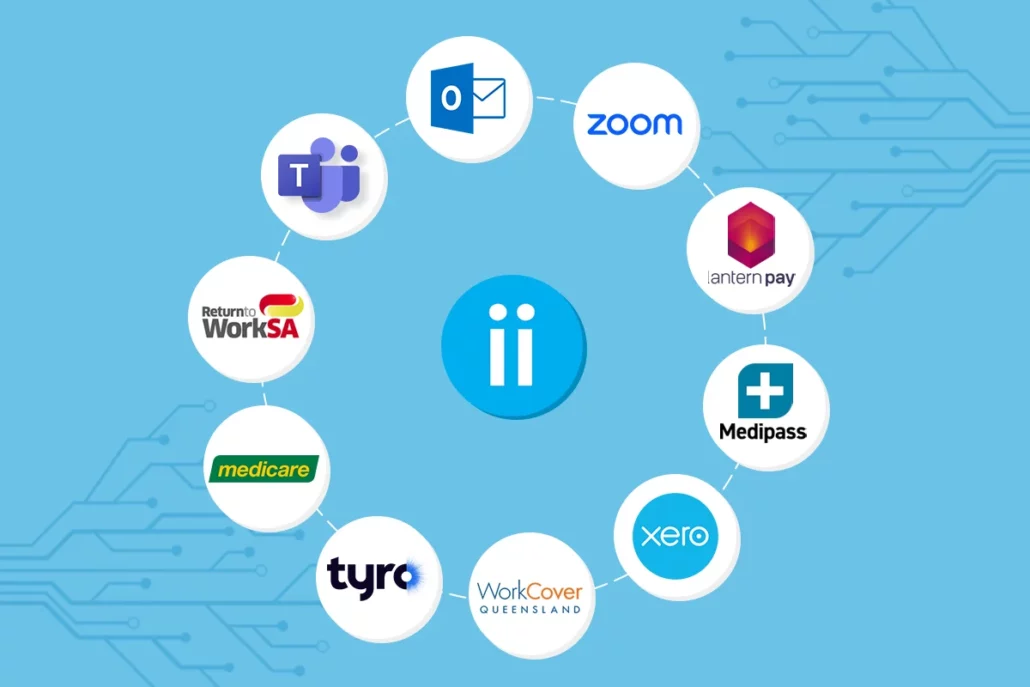
iinsight integrates with popular apps
iinsight integrates with Xero, Zoom, Teams, Tyro, Medicare and many more. With 2 way sync with Xero, invoices can be issued and reconciled in both iinsight and Xero. The Outlook integration allows appointment’s to sync with your Outlook calendar. Real iinsight and real capabilities for NDIS providers.
Security, Compliance
& Peace of Mind
Take advantage of our many ISO Compliance Certifications when funding bodies require Due Diligence or Security Questionnaires from your organisation. Our expert assistance is provided at no extra cost.
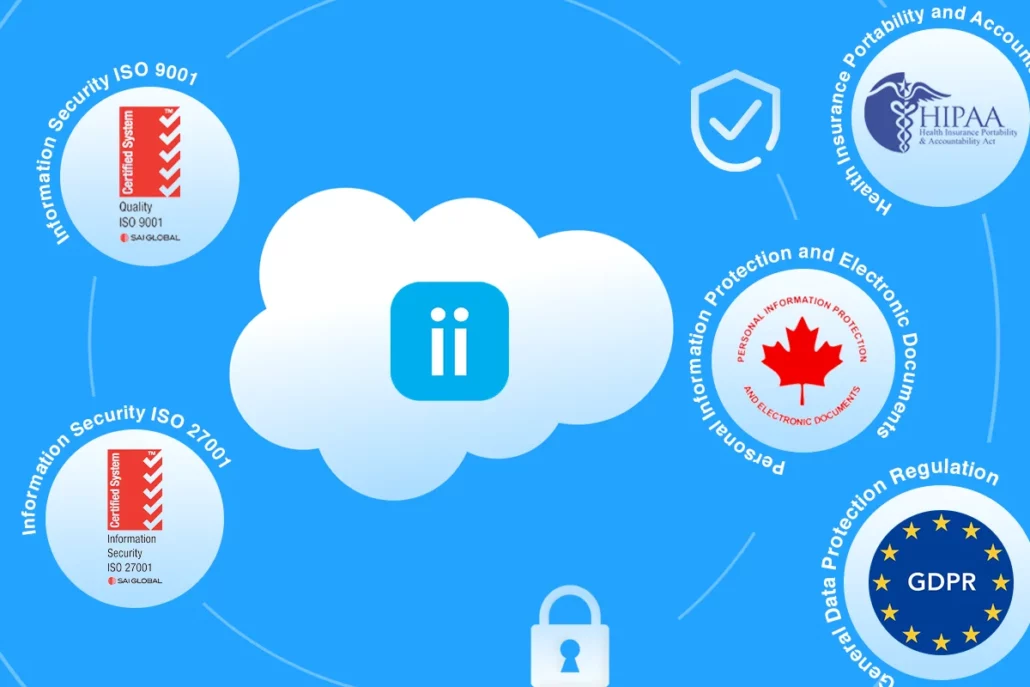
Easy NDIS client management regardless of NDIS stream.
iinsight supports NDIS client management regardless of how it's funded.

Self Managed
Whether the funds are managed by the participant or guardian.

Plan Managed
Where funds are managed by plan management providers.

Agency Managed
Where funds are managed by plan management providers.
Our Customers Love Us!
I have been using iinsight® now for almost 3-years . I can’t believe we didn’t do it earlier. I’ve been “bragging” about iinsight® since we signed on. We are now here and loving the software.
iinsight® has saved us a complete administration position, which here in Canada is about 50 to $60,000 a year, as well as countless hours on our part.
Arlene Ward
CEO / Founder, Genesis Rehab


iinsight® has been instrumental in transforming our business operations. Its scalability, user-friendly interface, and customizable features have seamlessly grown with our business. The auto-population of templates and bulk invoicing functionalities have significantly reduced administrative tasks, allowing us to focus on core activities. The exceptional customer service from iinsight® further enhances its value. I highly recommend iinsight® to anyone seeking to improve business operations—it’s truly an all-in-one solution that delivers on its promises.
Marko Bajic
General Manager – The ORS Group
I chose iinsight® because I had read a whole lot of things about other software, I’d spoken to a lot of people, asked around about who was using what, and the word that kept coming up all the time was iinsight®. A lot of my colleagues are using it (iinsight®) and have found it to do everything that we need to do and we’re all different in what we do. Using this software is so flexible that you can make it your own. You can do what you want with it, and the team will help you every step of the way. I think it’s just a fabulous, fabulous software.
Mandy Pickett
Support Coordinator / Psychosocial Recovery Coach, Together We Can


Terry Nieroukh
General Manager
We have been using iinsight for over four years now. iinsight is mobile and user-friendly, and has allowed for our company to become completely paperless. It is great to see the platform constantly expanding and adapting to the changing needs of their clients. We will use iinsight for many years to come.

Ben Holden
Director
Before iinsight® we had a private network that was very tedious for all to use! My external staff reported that it was extremely slow, unreliable and almost impossible to work with. From the office end, it required an expensive and power hungry server to be running all…

Arlene Ward
Director
I have been reviewing the iinsight® website for literally years and only decided to explore further a few months ago. We have literally wasted hundreds of man hours in utilising systems that were outdated and significantly more difficult to interface with…

Peter Scott
Managing Director
We are a national organisation that has been enjoying the benefits of the iinsight® product for more than 6 years. iinsight® has made a tremendous difference to the productivity of our consultants and our managers have easy access to real time data about…

Rachel
Business Manager
iinsight® has improved Nouvita’s invoicing and case management dramatically. Our team have always found the iinsight® support team to be helpful and responsive at answering our questions. We are pleased we took a leap of faith and transitioned to iinsight®…

Crystal Stavris
Executive Assistant
We have been using iinsight® for around 10 years now and the service and support has been outstanding. Every time I have had to reach out to Leon Chay and his team for assistance I have very kindly and efficiently been met with support and assistance…

Judy Gardner
Director / Rehabilitation Consultant
iinsight® has assisted WHSM with streamlining our administrative and case management processes and invoicing and our consultants have embraced the program without any difficulties. I would recommend iinsight® to rehabilitation providers.

Tania Dhillon
Director & Principal Consultant
iinsight® has been a huge benefit to my business making case management so much easier. It is very user friendly and innovative with regular new features and improvements to provide a great user experience.

Fiona Lamont
Clinical Services Manager
iinsight® has been a great asset to us it has taken the headache out of invoicing and as a manager it is so convenient to look up all the clients and know exactly where they are up to in their rehab plan.
iinsight® has been a breath of fresh air in terms of being able to improve efficiencies and processes for our organisation across our multi client based platform. iinsight® was extremely intuitive, allowed us to have fantastic oversight of both the financial, and aspects, but also the clinical aspects with respect to, managing our client files. Working with iinsight® has been extremely collaborative. iinsight® have been more than willing to take on board our feedback and to try and tailor and customise, solutions in terms of how the programme is used to, best optimise our efficiencies, in terms of the way that we do business.
Cara Christopherc
Director – Optimise Health and Wellness


We’ve been just looking for what was the right software for us. That’s where we came across iinsight®. Really quick to get back to us. Really great demo. What stood out to us was the team just knowing the product really well and being able to showcase how the product was utilised for us. The operations staff have really loved transitioning onto iinsight®. Just the full spectrum of things that it does has made it a lot easier for us. We’ve grown significantly since we signed up with iinsight®, but we haven’t had to recruit more administration staff. So yeah, really happy, with iinsight® and what it’s provided.
Dale Wakefield
General Manager – Sea Change Health Professionals
Pricing
14 Day Trial
- Unlimited user licenses
- No restriction on the number of cases
- Access to online knowledgebase
- Access to online video tutorials
- Fully managed by iinsight®
Premium Subscription
- Unlimited user licenses
- No restriction on the number of cases
- Access to online knowledgebase
- Access to online video tutorials
- Contracted service level agreements
- Suggest new features and enhancements
- Reporting engine
- Workflow engine
- Automated management & staff reports
- Invoice templates customisation
- Online support tickets
- Telephone support and dedicated project coordinator
- User training
- Assistance with system setup and configuration
- Migration from your existing systems
- 24 x 7 monitoring
- Data backup and off site storage
- Fully managed by iinsight®
Enterprise License
Note: organisations with 100+ users
Speak to our team
- Migrations from 3rd Party Legacy Systems
- Premium system setups – hit the ground running
- Software Development for Bespoke Projects
- Live System Training for your team
- Business Intelligence Report Building Services via Tableau and PowerBi etc
- All components of the Premium Plan: excluding "Unlimited User Licenses"
What's included in your NDIS software demo
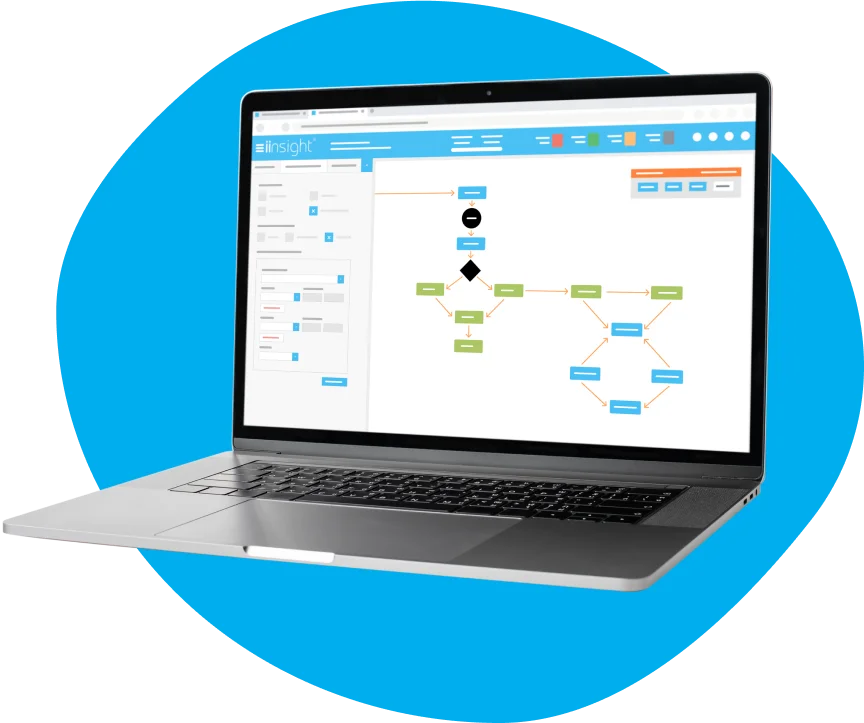
- In depth demonstration of iinsight
- Features walkthrough
- Questions answered
- Pricing
- Migration explanation and pricing
NDIS Software FAQ
Does iinsight offer phone support to NDIS providers?
Yes, iinsight offers phone support Mon-Fri 9am-5pm. In addition, iinsight has 24/7 ticketed support for around the clock assistance ensuring minimal disruption to your operations.
Can iinsight help with migration from other software to the iinsight platform for my NDIS business?
Yes, our experienced migration team can move all your historical & current data into our high-quality cloud-based case management solution, ensuring there is no lose of data or having to manually inputting your data into the new system.
How much does iinsight for NDIS providers cost?
iinsight offers a cost-effective pricing model that is tailored to the needs of NDIS providers. Our licensing fee is a one-time payment of just $39 per participant, and this fee covers the lifetime of that participant’s record. It’s important to note that this is not a monthly or annual licensing fee. With this one-time payment, you can open and close a participant’s file as many times as needed, and there are no additional charges. This means you have the flexibility to manage participant records without incurring extra costs, making iinsight an affordable and convenient solution for NDIS providers.
Will iinsight set up the Xero integration for my NDIS business to iinsight?
Yes, during the Onboarding process the iinsight® team will set up your connection with Xero to give you a seamless 2-way integration with Xero & iinsight.
Is iinsight suitable for my start up NDIS business?
Absolutely! iinsight is specifically designed and customised to meet the needs of NDIS providers.
Our dedicated iinsight team is here to assist you every step of the way. We understand that starting an NDIS business can be challenging, and that’s why we offer comprehensive support to help you get up and running smoothly and will hold your hand every step of the way, from initial setup to ongoing assistance, we’re committed to ensuring that iinsight meets your unique requirements and helps your startup NDIS business thrive.
Is iinsight suitable for enterprise business providing NDIS support to clients?
Absolutely! iinsight is a versatile platform that caters to the needs of both small-scale NDIS providers and large enterprise businesses. Designed to scale with your organisation, iinsight is an ideal choice for enterprise-level NDIS service providers.
iinsight offers robust features, functions, and capabilities that streamline and enhance the management of NDIS support services. Our platform can efficiently handle a high volume of participants and users, making it well-suited for enterprise-level businesses serving a large client base.
Furthermore, iinsight offers customization options to tailor the system to your specific requirements, ensuring alignment with the complex and evolving needs of your enterprise. Our dedicated team is committed to assisting you in configuring iinsight to suit your organisation’s unique needs, ensuring a seamless experience for both staff and participants.
Whether you’re a small startup or an enterprise-level business, iinsight is a versatile solution that can adapt to your scale and complexity, making it the perfect choice for NDIS service providers of all sizes.
Manage all your funders with iinsight.





Powerful all-in-one NDIS client management software for NDIS providers
Experience the power of iinsight for your business today. Book a free demo with our team or start your free 14 day trial.





